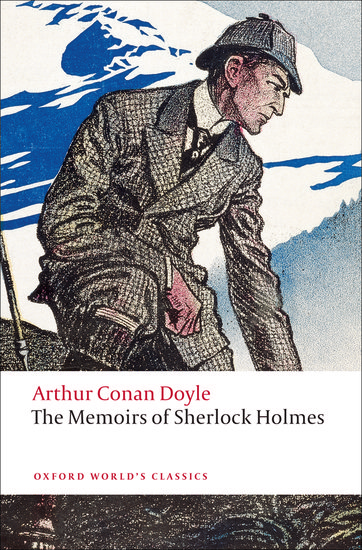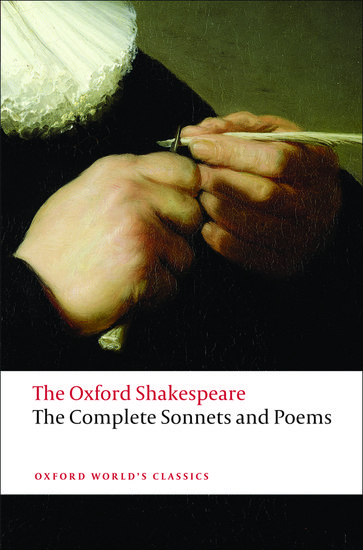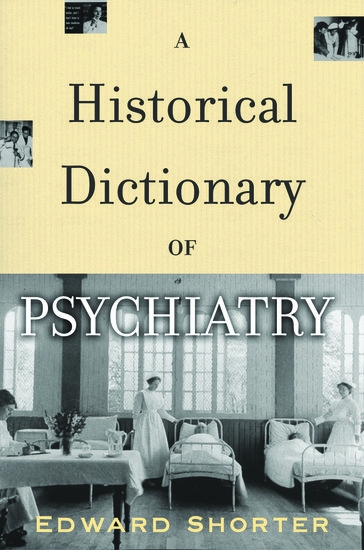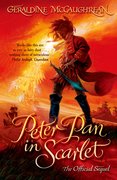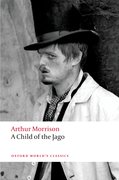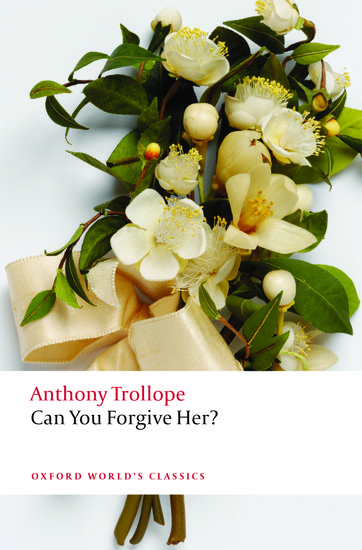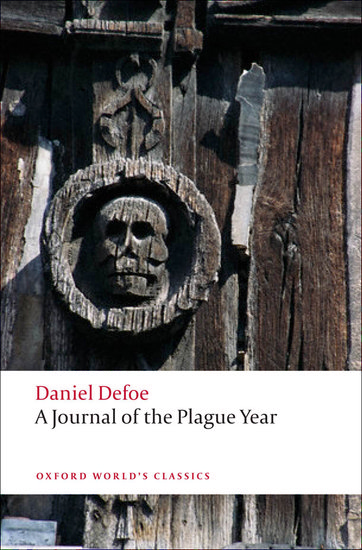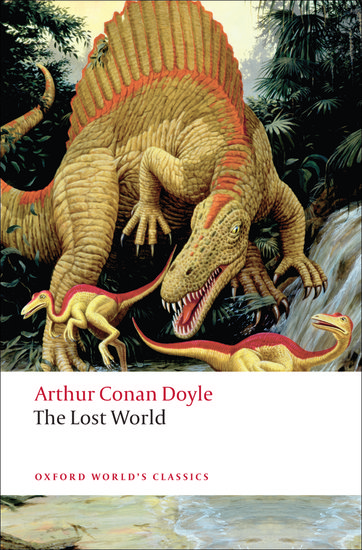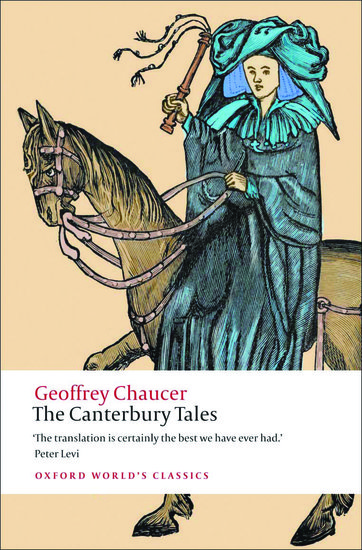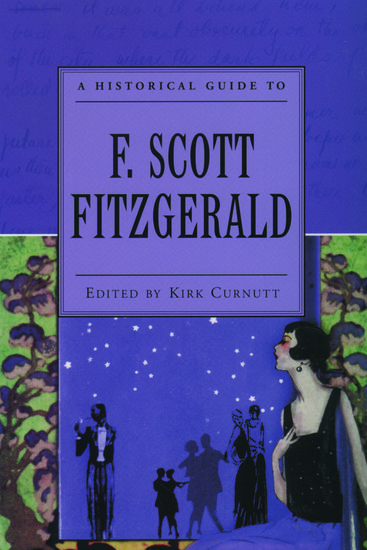Because I made a blunder, my dear Watson… The Silver Blaze
On 22 May 1859, a Scottish doctor and writer admired the world round was born — Sir Arthur Conan Doyle. His university teacher, Dr. Joseph Bell, was a partial model for his most famous character — Sherlock Holmes. Let’s listen in as Holmes explains The Silver Blaze to Watson.

